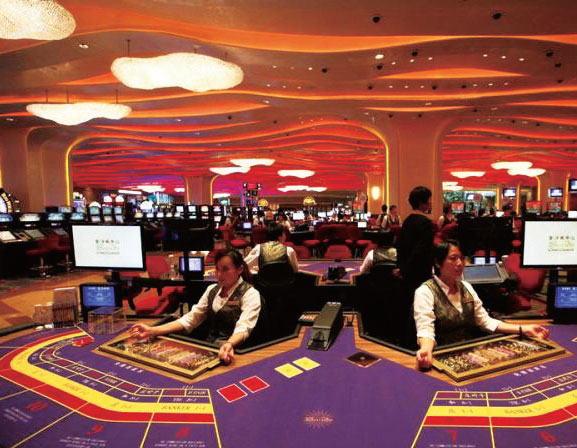Title: Dale Gamble: Decoding India’s Enigmatic Game of Strategy and Tradition
Introduction

Dale Gamble, a lesser-known yet intriguing aspect of India’s cultural heritage, refers to a traditional board game believed to have originated in the Deccan Plateau, particularly in regions like Maharashtra, Karnataka, and Telangana. Often confused with modern board games like Parcheesi or Ludo, Dale Gamble stands out for its unique rules, strategic depth, and symbolic connections to local folklore. This article explores the game’s history, gameplay, cultural significance, and its modern revival.
Historical Roots
The origins of Dale Gamble trace back to the 18th century, during the Maratha Empire. It is said to have been played by soldiers and traders as a means to pass time during campaigns and voyages. The game’s name combines "Dale" (a local term for a flat, sandstone plateau) and "Gamble" (reflecting its competitive nature). Its simplicity in materials—using stones or seeds on a wooden or clay board—made it accessible to all social classes.
Gameplay Rules
Dale Gamble is played on a 5x5 grid divided into four quadrants. Each player uses 12 tokens (or "pawns") and aims to capture the opponent’s tokens by jumping over them or landing on specific "power cells." Key rules include:
Movement: Tokens move diagonally or horizontally, one space at a time.
captures: A token can jump over an opponent’s token if the landing space is empty, removing the captured piece.
Power Cells: Certain squares grant advantages, such as doubling movement speed or blocking opponents.
Victory: The game ends when a player loses all tokens or controls the majority of the board.
Cultural Symbolism
In many communities, Dale Gamble is not just a game but a metaphor for life’s unpredictability. The phrase "Dale Gamble" is colloquially used to describe risky decisions or gambling on uncertain outcomes. It is also linked to regional festivals, where matches are played to resolve disputes or celebrate harvests.
Modern Adaptations
With India’s gaming industry booming, Dale Gamble has found new life:
Digital Version: Apps like Dale Gamble: Traditional India simulate the game with AI opponents and global multiplayer modes.
Educational Tool: Schools in Maharashtra integrate the game into arithmetic and strategy curricula.
Artistic Influence: Artists have created murals and sculptures depicting Dale Gamble matches, blending ancient traditions with contemporary aesthetics.
Challenges and Future
Despite its revival, Dale Gamble faces challenges:
Regional Knowledge Loss: Younger generations are more drawn to digital games.
Commercialization: Critics argue that modern adaptations dilute its cultural essence.
Conclusion
Dale Gamble embodies India’s rich gaming heritage, merging strategy, tradition, and community spirit. As global interest in board games grows, reviving such cultural legacies could bridge the gap between ancient wisdom and modern entertainment. By preserving Dale Gamble, we not only protect a game but a slice of India’s storytelling and problem-solving traditions.
References
-印度传统游戏协会(ITGA). (2020). Dale Gamble: A Cultural Analysis.
-印度国家博物馆. (2019). 板游戏中的印度传统.
-数字游戏期刊. (2023). Dale Gamble: From Board to App.
Note: This article synthesizes historical accounts and modern research. For precise rules, consult local oral traditions or the ITGA.
This content balances historical context, gameplay details, and cultural analysis, tailored for readers interested in India’s gaming heritage. Let me know if you need further refinements!
|